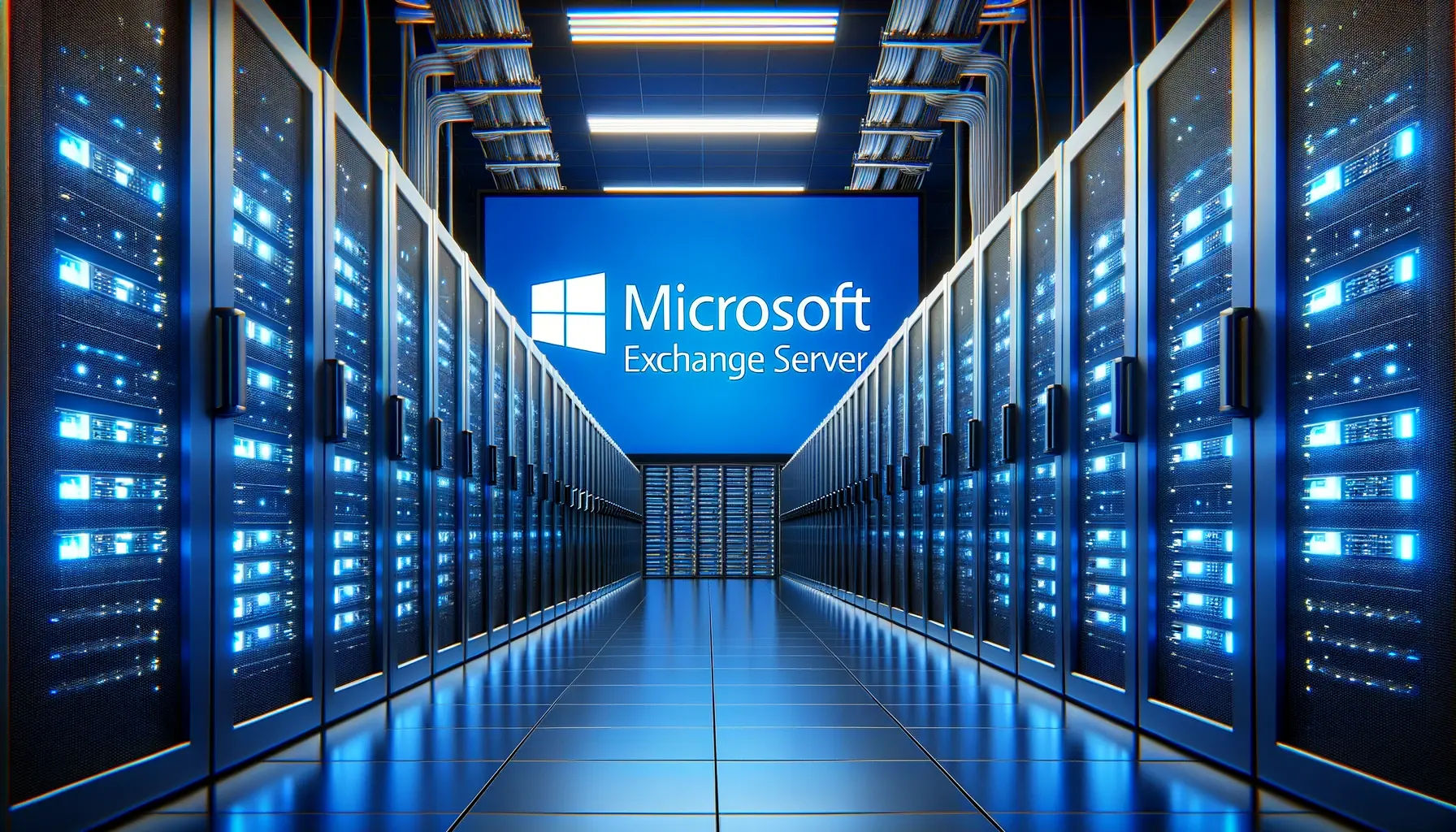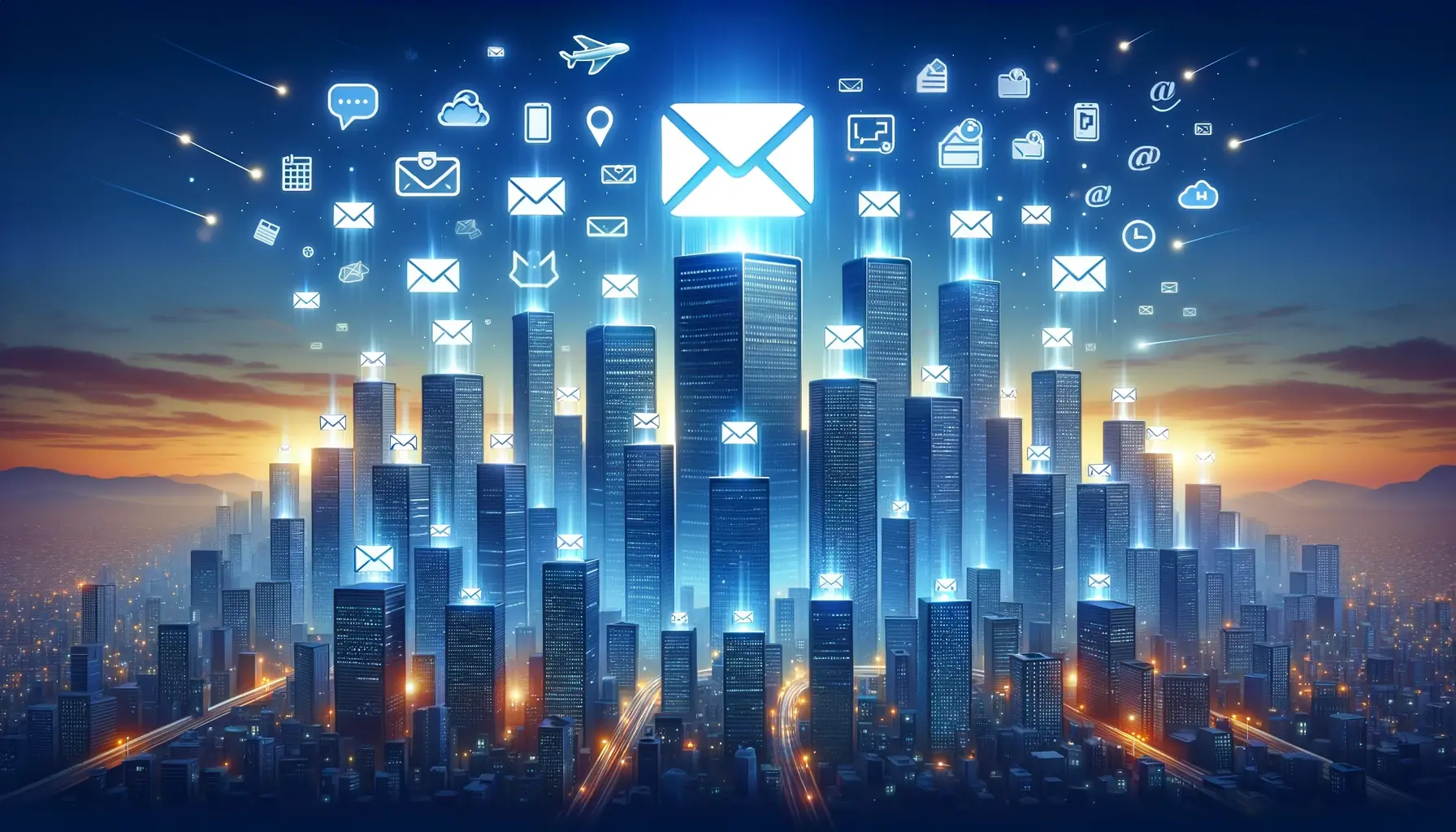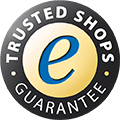Microsoft CAL for Exchange Server 2010 - The license for effective e-mail communication
Introduction to Microsoft CALs for Exchange Server 2010
Microsoft Exchange Server 2010 was a pioneering solution for e-mail communication and collaboration in companies. To use Exchange Server 2010 efficiently, Microsoft CALs (Client Access Licenses) are essential. In this text, we provide you with an easy-to-understand overview of what they mean and how they work.

The importance of Microsoft CALs for Exchange Server 2010
Microsoft CALs for Exchange Server 2010 are licenses that give users or devices access to the powerful features and services of Exchange Server. They are critical to ensuring that your email communications are efficient, secure and legally compliant.
Why are Microsoft CALs for Exchange Server 2010 important?
Proper licensing with Microsoft CALs for Exchange Server 2010 is essential to avoid legal ramifications and ensure that your employees can seamlessly access email, calendaring and other Exchange services.
Types of Microsoft CALs for Exchange Server 2010
There are two main types of Microsoft CALs for Exchange Server 2010:
-
User CALs: These licenses are user-based and allow a specific user to access Exchange Server 2010. User CALs are ideal if your organization has many devices and fewer users.
-
Device CALs: Device CALs are device-based licenses that are tied to a specific device. They allow all users who use this device to access Exchange Server 2010.
Purchasing CALs for Exchange Server 2010
As a rule, Microsoft CALs for Exchange Server 2010 must be purchased separately from the server software. Make sure to purchase the appropriate number and type of CALs according to your organization's individual requirements.

Conclusion
Microsoft CALs for Exchange Server 2010 are the key to smooth and legally compliant e-mail communication in your company. The choice between User CALs and Device CALs depends on your specific business situation. Properly licensed CALs ensure that your employees can access Exchange Server 2010 efficiently and in compliance with the law. Make sure you purchase the right CALs to ensure the efficiency and legality of your Exchange Server 2010 usage.









































